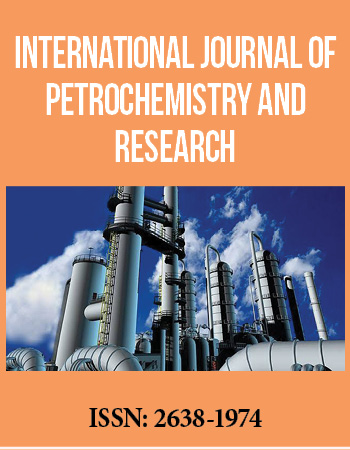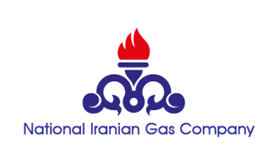2nd International Conference on Petrochemistry
April 25-27, 2018 Rome, Italy
Enzyme-Assisted Recovery of Lipids from Microalgae for Biodiesel Production
University of Rome, Italy
The rapid growth of human population has led to an increasing global energy demand that natural petroleum cannot fulfill. Furthermore, the use of fossil fuels has a great impact on the environment, through green house gas emissions and consequent climate change. Therefore, researchers are focused on the efficient production of sustainable, economical and environmentally friendly fuel sources. Biofuels are among the alternatives that are currently being studied and implemented. Biodieselis a biofuel obtained from renewable biological materials and can be used in pure form or blended in a given proportion with the diesel derived from petroleum. Currently, biodiesel is obtained from crops, such as corn and soybeans, which are in competition with food uses and the amount required to produce a gallon of product is extremely high. Microalgae can efficiently convert sunlight, water and CO2 into a variety of products suitable for biodiesel production and represent one good possibility to overcome these drawbacks. Biodiesel produced from microalgal oil has important advantages. In fact, differently from diesel derived from fossil oil, it does not contain sulfur and is characterized by a smaller amount of combustion products (carbon monoxide, hydrocarbonsand sulfur oxides). However, the release of nitrogen oxides can be higher in some types of fuel. Moreover, the cost of biodiesel obtained from microalgae should be competitive with respect to other biofuels of vegetable origin and petroleum diesel fuel. A major cost of biodiesel production from microalgaeis represented by the energy required for lipid extraction, due to the thick and highly resistant cell walls, which must be disrupted or at least weakened. The most common pretreatments (high pressure homogenization, mechanical crushing, ultrasound and microwaves) allow a good lipid recovery, but require high energy consumption and expose other extractable algal components to potential damage. An alternative is the use of an enzymatic pre-treatment. Enzymatic methods allow operating under mild conditions, with high efficiency and specificity.
This work is focused on the screening and identification of suitable enzyme preparations, based on the characteristics of the cell wall of Nannochloropsissp., the microalga used in the present study. This microalga is of great industrial interest because of its ability to accumulate large amounts of lipids and other valuable components. The results obtained demonstrate that treating Nannochloropsis microalgae with optimized cell walled grading enzyme mixtures containing cellulase and mannanase can significantly improve lipidrecovery.
Biography:
Antonio Zuorro is a Professor of Chemical and BioChemical Engineering Fundamentals at the Department of Chemical Engineering Materials & Environment of Sapienza University of Rome, where he received his M.S. and Ph.D. degrees in Chemical Engineering. His research activity has been mainly focused on the development of innovative chemical and biotechnological processes for the recovery of high value-added compounds from by-products and agro-industrial residues, such as lycopene from tomato waste and phenolic antioxidants from artichoke and bilberries waste, olive pomace and coffee grounds. He also examined the possibility of including the extracts obtained in consumer food products to get new functional foods with high antioxidant activity. In the field of enzyme technology, he studied the use of multienzyme systems with enhanced activity for the recovery of lipids and bioactive compounds with high added value from microalgae. He is the author of over 100 scientific publications and also 5 industrial patents. At present, is Coordinator of an EU financed project of Research & Innovation in Horizon2020-BBI, of 7.2 million euros.



